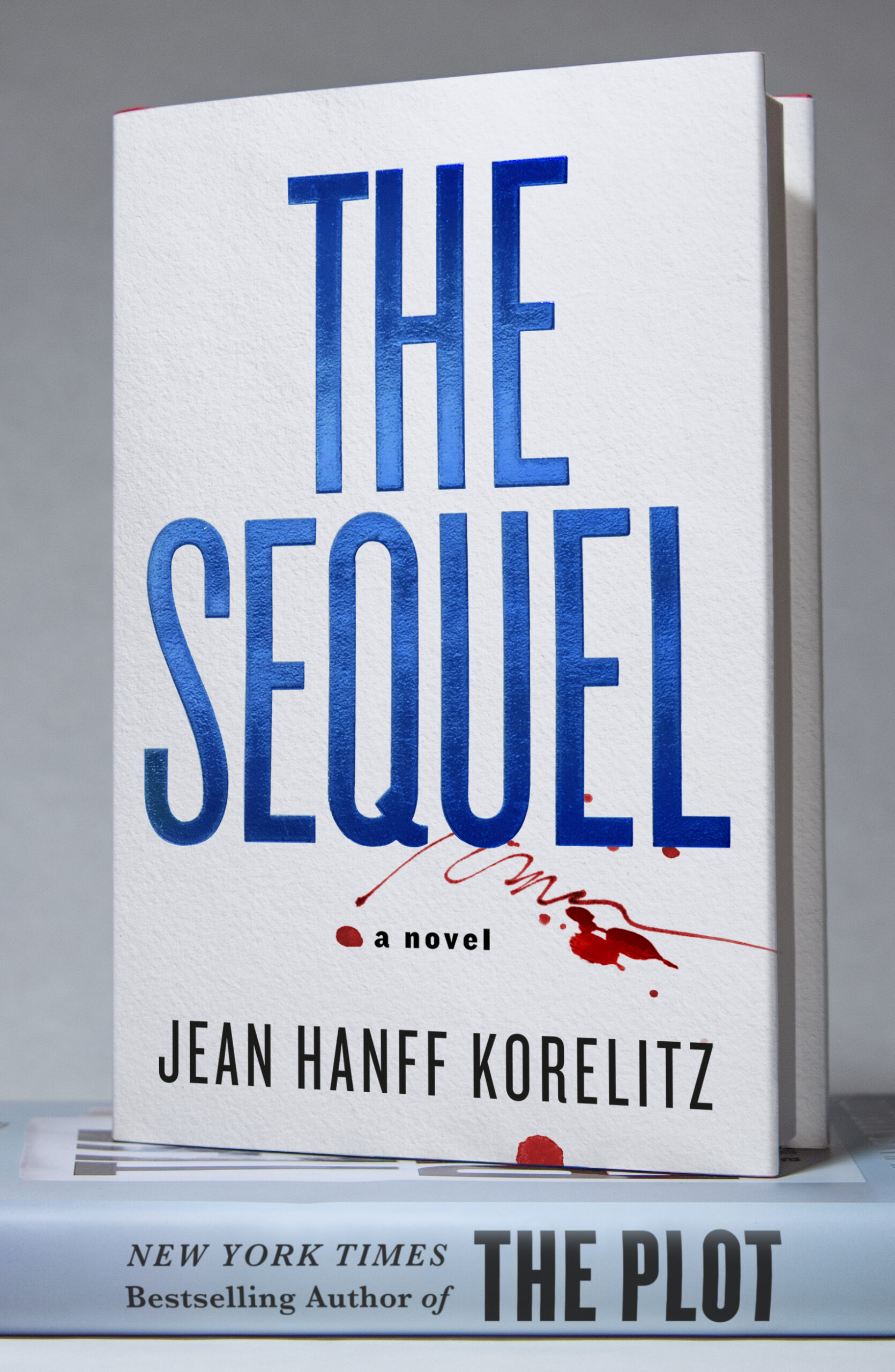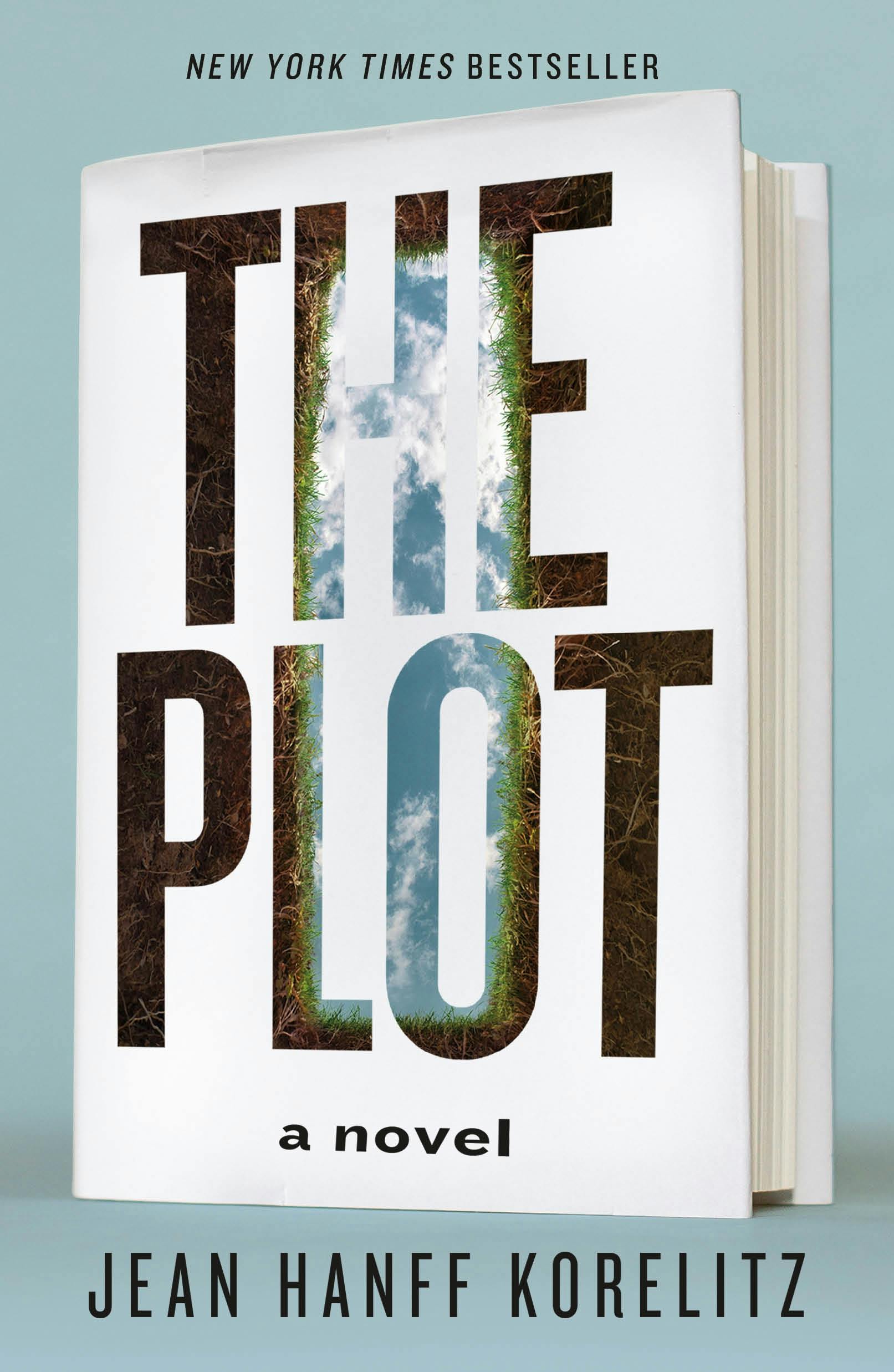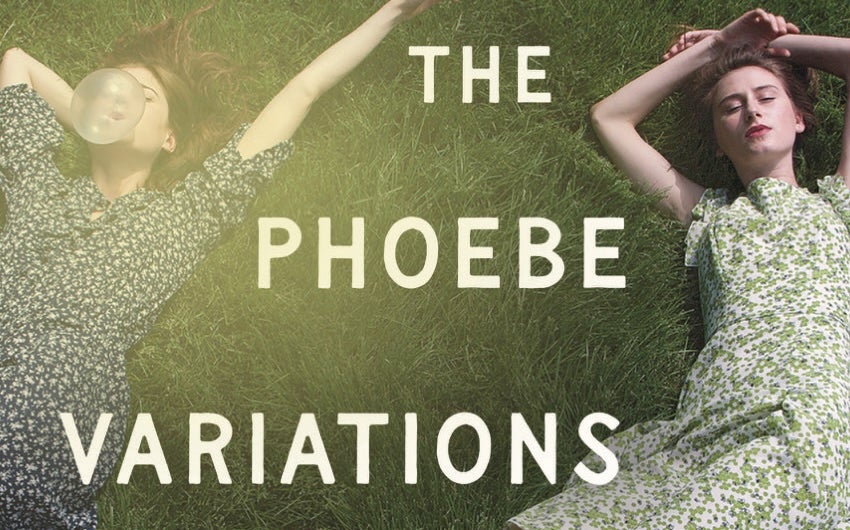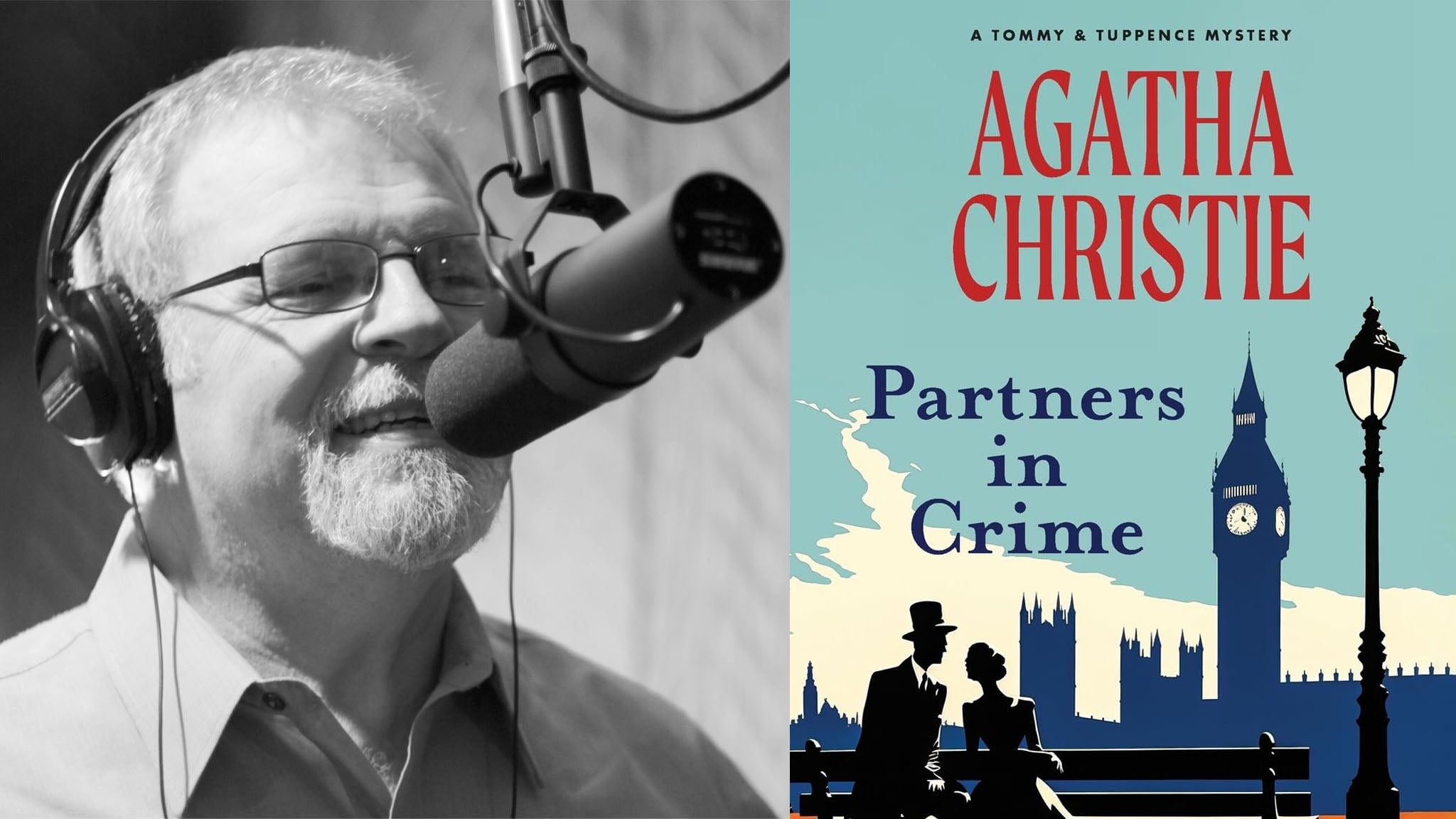Jean Hanff Korelitz’s seventh novel, “The Plot,” was a huge success. It was named one of The New York Times Book Review’s 100 Notable Books of 2021.
Stephen King described “The Plot” as “one of the best novels I have ever read about writers and writing. It’s also insanely readable and the suspense quotient is through the roof. It’s remarkable.”
Korelitz — best known for her novels “You Should Have Known,” which was adapted into the hit HBO series, “The Undoing” starring Nicole Kidman; and “Admission,” adapted into the Tina Fey film — is dealing with territory every writer knows all too well and deeply fears.
News with a little more humanity
WPR’s “Wisconsin Today” newsletter keeps you connected to the state you love without feeling overwhelmed. No paywall. No agenda. No corporate filter.
So what did Korelitz do for an encore? She wrote a sequel to “The Plot.” And what did she call it? “The Sequel,” of course.
Korelitz joined WPR’s “BETA” to talk about “The Plot” in 2021 and now again in 2024 to talk about “The Sequel.”
This interview has been edited for brevity and clarity.
Doug Gordon: Why did you decide to write a sequel called “The Sequel” as the follow-up to your critically-acclaimed novel, “The Plot”?
Jean Hanff Korelitz: I was packing for a move and I was loading many, many dusty books into a box. And this idea just kind of popped into my head that I was not finished with the character. And I called my agent and I said, I’m thinking of writing a sequel to “‘The Plot.”
And she said, “Yes, and we’re going to call it ‘The Sequel.’” And I just started laughing. It was such a great title and such a great idea that I almost had to do it as a result.
But there was no plan while I was writing “The Plot” to ever extend the story. And I would only say that if I had even suspected that I might one day write a sequel, I would have given myself far more to work with in “The Plot” itself. As it was, I had really left myself very few clues to come back to.
DG: Let’s talk a bit more about your main character, Anna. She was in your previous novel, “The Plot.” What can you tell us about her?
JHK: Well, I could tell you, but then I’d have to kill you. So, Anna is, let’s call her a very complicated character. I’m not a psychiatrist, so I’m not going to diagnose her. But she’s somewhere in the DSM, I would say.
She is not a nice person. She’s probably not telling you the truth about her life or what she wants in the world or maybe anything. She certainly has no vocation to become a writer, which is what she does become in this novel.
She’s been exposed to the world of writers through her late husband, Jake Bonner, the protagonist of “The Plot.” And she does not have a high opinion of them. They whine a lot as far as she’s concerned.
And it occurs to her: How hard can it be? And she sets herself the task of finding out. I would love to be able to say on behalf of all my fellow writers, that she finds it much harder than she imagines. But I don’t think she does, actually.
She writes a novel and it becomes very successful. And she’s out on the road enjoying the fruits of her success when things start to go very, very, very wrong for her.

DG: You mentioned Anna’s late husband, Jacob Finch Bonner. Can you tell us a bit more about him?
JHK: Alas, he is no more. Anna is his widow. But in “The Plot,” he is a downwardly mobile writer of literary fiction because his first novel is already years in the past. He’s been unable to write a second novel. He’s struggling to make a living, and he finds himself teaching in a very low prestige MFA program in northern Vermont, where he meets a student who is very arrogant and off-putting, and who announces to the class that he has a great plot that is going to make him famous and rich.
And of course, this is the kind of thing that writers hear. We’ve all had people come up to us and say, “I have this great idea for a novel. I’ll tell you what it is. You write it and we’ll split the money.” In a way, I was actually making fun of that.
But in this case, the student reveals his plot to Jacob Finch Bonner, his teacher. And Jake has to reluctantly agree that this guy is right. I mean, he may be the biggest jerk in the world. He may or may not have talent as a writer, but this story cannot fail.
And when the student dies without ever having written his book, Jake decides that the story is more important than any sliver of morality on his part; that he’s not doing anything wrong, that writers have always taken inspiration and stories from other sources. And he writes his own book. And that that becomes massively successful until it all goes very, very wrong.
DG: Can you tell us how it goes very, very wrong without revealing any spoilers?
JHK: So we’re getting into dicey territory here. But I can reveal that Jake is out on the road on his book tour because his book is that successful and he meets Anna. She’s working for a radio station where he goes to do an interview. And while he’s out there traveling around meeting his hordes of fans, somebody accuses him of being a thief.
DG: I trust you have been in touch with Steven Spielberg to direct film versions of both “The Plot” and “The Sequel.” Have you started working on those screenplays?
JHK: There are calls that I am hoping for before that Steven Spielberg call, none of which have materialized. But in fact, “The Plot” is being developed by a television producer with Mahershala Ali attached to it.
I have never met Steven Spielberg, although I have been at several parties with him, but too shy to go up to him and say all the things that you would want to say.
DG: I’ll ask you this. Maybe you know and you can’t tell me, but will it also incorporate “The Sequel“?
JHK: That we don’t know. It’s all kind of being discussed now.
I would love for that to happen. But my job is to write the book. And beyond that, I go to the movies and I take my seat and I get my popcorn like everybody else.






